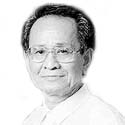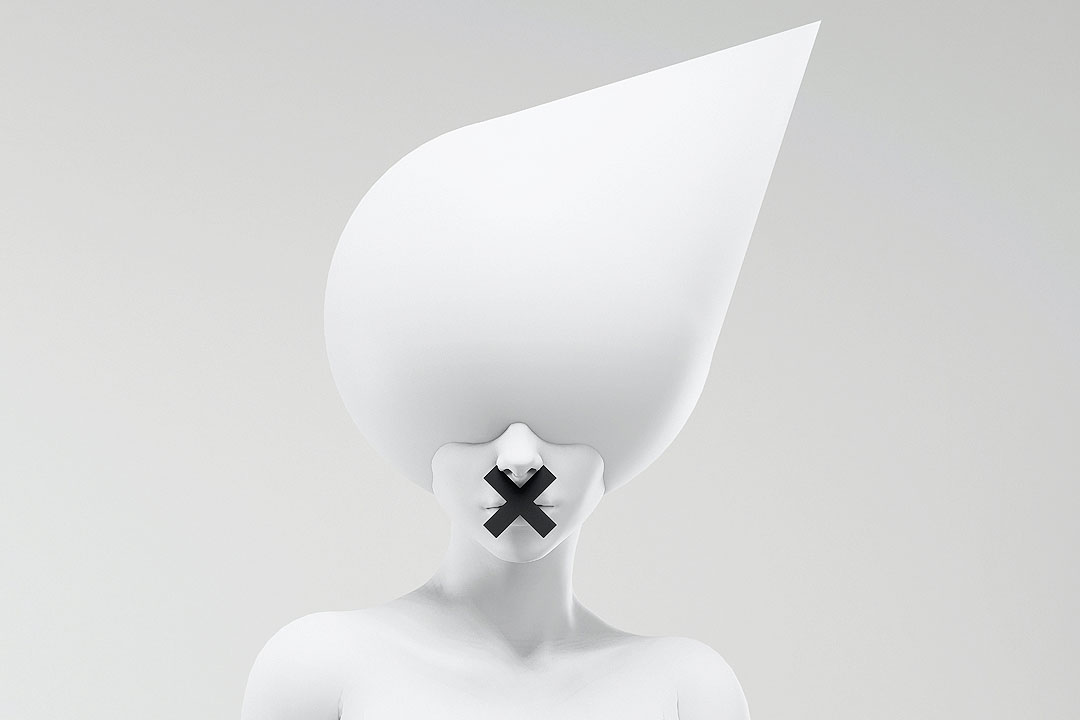Impunity plus

Vantage Point
Luis V. Teodoro

Every government official of this country, whether elected or appointed, is supposedly in office in accordance with Constitutional processes. Their power to appoint their subordinates is based on their presumed legitimacy and that of the President, who assumes that post as a result of constitutionally mandated elections.
The President and Vice-President take an oath to “preserve and defend (the) Constitution, execute (the Philippines’) laws, do justice to every man, and consecrate (themselves) to the service of the Nation.” Every government official is bound by the same oath: as the highest official of the land, the President may be said to be speaking for every bureaucrat in all three branches of government.
Preserving and defending the Constitution and doing justice to every man are their common mandate. Both are best achieved by respecting and complying with the provisions of the Constitution. Among the most important, if not the most important of those provisions is the Bill of Rights (Article III, Sections 1 to 22), which limits the powers of government over its constituents and defines the rights to which every citizen is entitled. It makes individual rights the paramount value in Philippine governance.
Among others, those provisions mandate the equal protection of the law; the right to life and to be secure in one’s home; the right to due process and the privacy of communication and correspondence; the inviolability of the rights to free speech, free expression, press freedom, and freedom of assembly and of organization; freedom of religion; the right to information; freedom from torture; the right to be presumed innocent until proven guilty; and the right to hold contrary opinions without being persecuted for them. There is also a ban on the passing of any ex-post facto law and bill of attainder, which protects individuals from prosecution for acts that prior to the enactment of a law were not illegal, and from being penalized without trial.
The 1987 Constitution’s Bill of Rights has been hailed by lawyers, media advocacy groups and political scientists as a major contribution to the defense and enhancement of human rights. Its protection of free expression and press freedom is the envy of independent journalists and media communities in much of Asia where the practice of journalism, unlike in the Philippines, is usually regulated by “press laws.”
Unfortunately, however, what is on paper is hardly what goes on in practice. The Constitution’s Article III has not prevented the worsening of the human rights crisis in the Philippines about which not only human rights defenders but also press freedom watch groups both here and abroad have expressed grave concern.
The principal reason for that crisis is the ruling oligarchs’ use of the power the people have delegated to them to either completely ignore, or interpret according to their personal, familial, and class interests, the meaning and intent of whatever the Constitution and the rest of the country’s laws say. As a consequence, the country’s basic law is becoming, by itself, only “the piece of paper” former President Rodrigo Duterte described it in 2019, when he expressed his contempt for human rights and in effect sanctioned the use of force rather than the rule of law as the only solution to such complex, multi-dimensional problems as drug addiction and the illegal drug trade.
But Mr. Duterte is alone only in his quite candid airing of his views. While they believe as he does, much of the Philippine political class and the bureaucracy they command reveal it only in their actions even as they pledge their respect for and allegiance to the Constitution at every opportunity.
An outstanding example of where their true allegiance lies is their support for the use of force against supposed wrong-doers. Despite the all-too obvious conflict between, on the one hand, the extrajudicial killings that characterize the so-called “war on drugs,” and on the other, the right to life and due process, most of the country’s officials, from the lowliest policemen to the representatives and senators of the realm, approve of that approach and are still enabling the campaign to continue unabated.
As for the “equal protection of the law,” the same oligarchs have demonstrated time and again how tenuously they observe that principle, as those who steal a can of corned beef to feed their starving children are quickly imprisoned while they set loose those of their ilk guilty of the plunder of billions of pesos from the public treasury.
Equally telling is the continuing campaign, despite Article III Section 4, to intimidate and silence independent journalists and government critics. Rather than check each other, practically all the bureaucrats in the three branches of government are united in their support for it.
While the killing of journalists continued, with the perpetrators and brains behind them rarely prosecuted and punished, most of the same worthies in Congress supported the shutdown of the free TV and radio services of ABS-CBN network, and with their silence or tacit consent colluded with those responsible for the harassment, threats against, and even the killing of activists, human rights defenders, and government critics.
A throwback to the US colonial period — it was passed because, according to the then Governor General, Filipinos did not understand press freedom — the 1932 libel law criminalizing libel is still in force 90 years later. This despite the United Nations’ declaring it as excessive, and a decades-long campaign for the decriminalization of libel by media advocacy, human rights defenders, and journalists’ groups — and despite its obvious conflict with the Constitutional protection of free expression and press freedom.
Even worse is the inclusion of criminal libel and even harsher prison terms in the provisions of the Cyber Crime Prevention Act that the late former President Benigno Aquino III signed into law in 2012 despite his often-expressed commitment to human rights.
At least three journalists including Nobel Peace Prize laureate Maria Ressa have been convicted of cyber libel and sentenced to years of imprisonment. The latest is the Baguio-based journalist Frank Cimatu who has been sentenced to a maximum of five years in prison for a Facebook post about a former government official — which should qualify as privileged communication —consisting of about a dozen words.
What should be evident in these instances is that not only those accused of this or that offense but also those who persecute and condemn them should be accountable for acts contrary to law and the Bill of Rights and other provisions of the Constitution that protect citizen lives and liberties. Equally evident, however, is the likelihood that the latter will never be called to account.
The culture of impunity in these isles of fear is in that sense far more pervasive than is suggested by the view that it consists solely of the exemption from punishment of those petty tyrants responsible, whether as killers or as masterminds, for the killing of journalists. That culture consists as well of the exemption from accountability of those other officials — whether presidents, senators, congressmen, police chiefs, judges or whatever else — who in far too many instances have made such provisions of the Constitution as the right to life and due process and freedom of expression and press freedom worth only the paper they are printed on.
What obtains in the Philippines is not just a culture of impunity, but a culture of impunity plus — and it is the lawless few who are supposed to implement the law but who are the first to break it who are responsible.
Luis V. Teodoro is on Facebook and Twitter (@luisteodoro).
